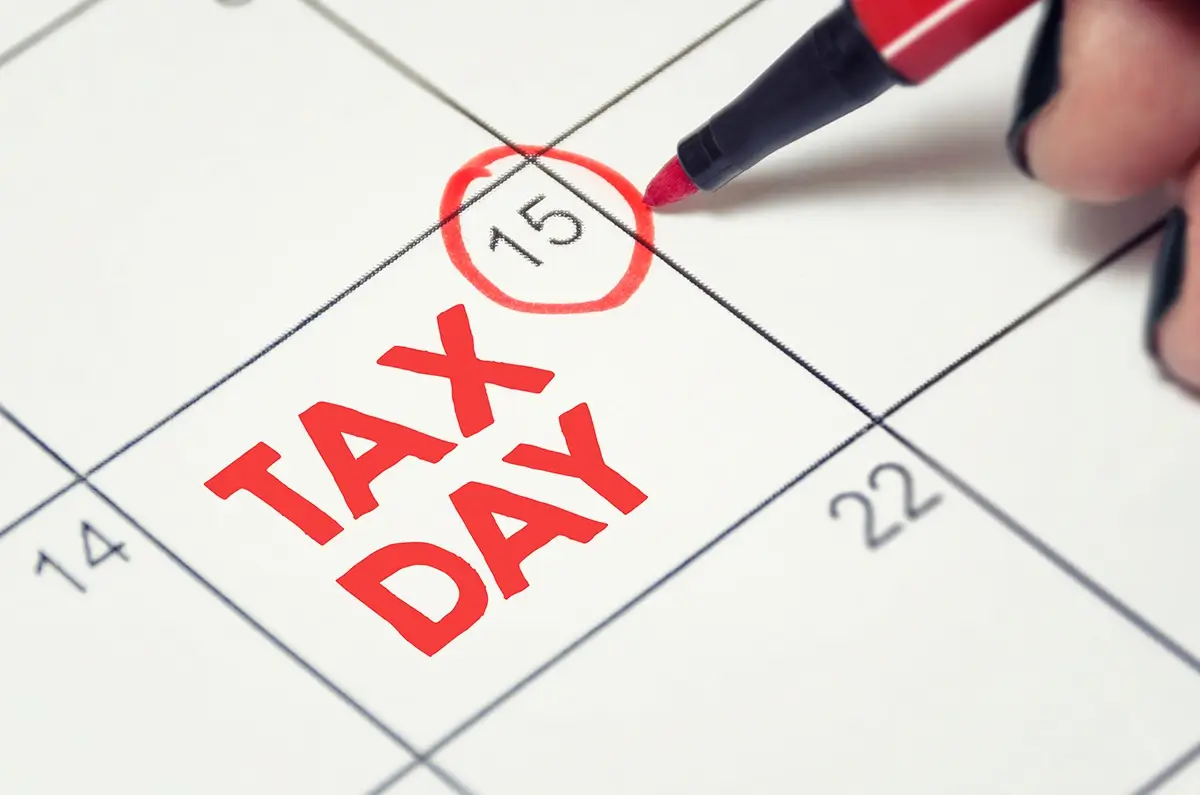When the end of the year meets you with the task of ‘cleaning house’ or your files for the new year, there are certain documents that must remain. Government agencies specifically have requirements; however, it is always a good idea to hold onto these for tax, rehire, auditing, or even investigative purposes.
NEW HIRE PAPERWORK
When hiring a new employee, a packet is typically filled out with pertinent information including address, pay rate, job title, and gender, which is required to be shared with the Department of Labor.
I-9
An I-9 proves the employee’s eligibility to work in the United States. The form includes the employee’s name and social security number or proof of identification of alien residents
PAY STUBS
Pay stub includes pay rate, pay period, deductions, hours worked with any overtime, and rate change if applicable. The pay stub deductions include benefits where the employee pays out and/or the employer matches amounts.
LEAVE DOCUMENTS
Whether personal or medical leave, there is a requirement per the Family Medical Leave Act to provide documentation of leave dates and leave payout. There may be other requirements depending on the business and circumstances.
TIMESHEETS
Timesheets are paper-based and/or electronic and track the number of regular and overtime hours worked by each employee.
EMPLOYEE EVALUATIONS
Whether you have annual, quarterly, or more distanced evaluations for promotion or salary review, the documentation should include any salary increases, the rationale for such, and any other feedback or information that is relative. The Employment Opportunity Commission requires this documentation for employee reviews that potentially change the employees’ rate or hours.
TERMINATION
For any type of termination, documentation must include the last worked date and any payouts for unused leave or severance.
These payroll documents are in almost every type of employee file and should be kept safely. There are other records that may be required by your company to hold onto and, if unsure, the best practice is that any document with the employee name, social security number, and address should remain.










